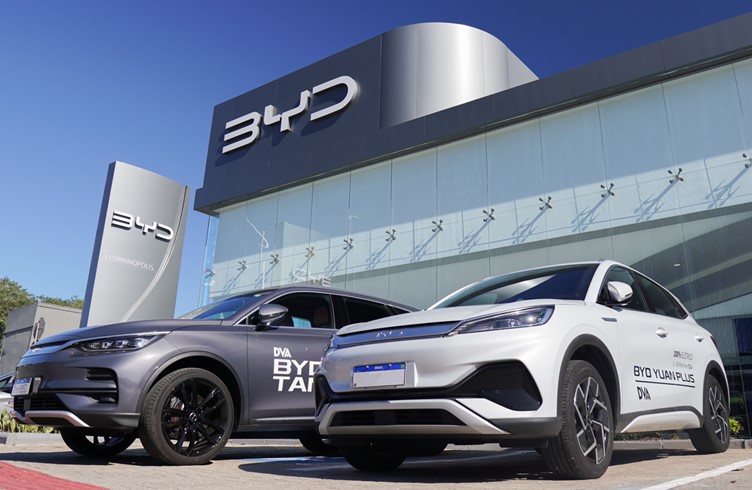The automotive industry in the UK and Europe is facing a critical moment as the pressure mounts on electric vehicle (EV) makers. With Zero Emission Mandates looming large, there are concerns that subdued demand for new EVs could lead to job cuts and factory closures. In this challenging landscape, the question arises – should the industry embrace Chinese capability before it’s too late?
China’s commitment to new energy research and development dates back to 1992, with a significant focus on EV policies since 2007. This long-term support has enabled the Chinese EV sector to invest, innovate, and establish itself as a global leader. While it may not be realistic for UK and European car makers to catch up overnight, there are substantial economic benefits to be gained by adopting a more collaborative approach.
In response to the mounting pressure, the UK Government is considering incentives to boost demand for EVs and consulting on current legislation. The industry is grappling with the challenge of investing in both traditional internal combustion engine (ICE) vehicles and EV production for the same market size.
While the EU Commission has imposed tariffs on Chinese EV imports to protect national industries, the UK Government is wary of the potential consequences. Industry analysts warn that ignoring Chinese capability, which is already ahead in the EV sector, could hinder the growth of Britain’s EV industry. The high prices of EVs compared to ICE vehicles and the lack of charging infrastructure are already slowing down EV sales growth, and tariffs could exacerbate the situation.
Chinese EV manufacturing capability is already making its mark in the UK, with MG, owned by SAIC Motor, becoming the second best-selling EV manufacturer in the country. Instead of viewing Chinese imports as a threat, the UK EV industry is starting to see the potential benefits of collaboration.
A collaborative approach, similar to the partnership between Japan and ASEAN supporting Honda and Nissan, could create jobs, boost the economy, and upgrade the domestic supply chain. This approach could also facilitate technology transfer and help governments achieve their net zero emissions goals by 2050.
Balanced policies that ensure a fair mix of locally and globally sourced parts, long-term technology transfer commitments, and support for Chinese makers in integrating into the UK market could pave the way for a sustainable domestic EV industry. Embracing Chinese capability is crucial for accelerating the transition to net zero emissions and strengthening the UK’s EV sector.
Beibei Sun, a Managing Consultant and automotive sector specialist at management consultancy Vendigital, emphasizes the importance of collaboration and the potential benefits it can bring to the evolving EV industry.
As the automotive industry grapples with the challenges of the EV transition, embracing Chinese capability could be the key to unlocking growth and sustainability in the UK and European markets.







